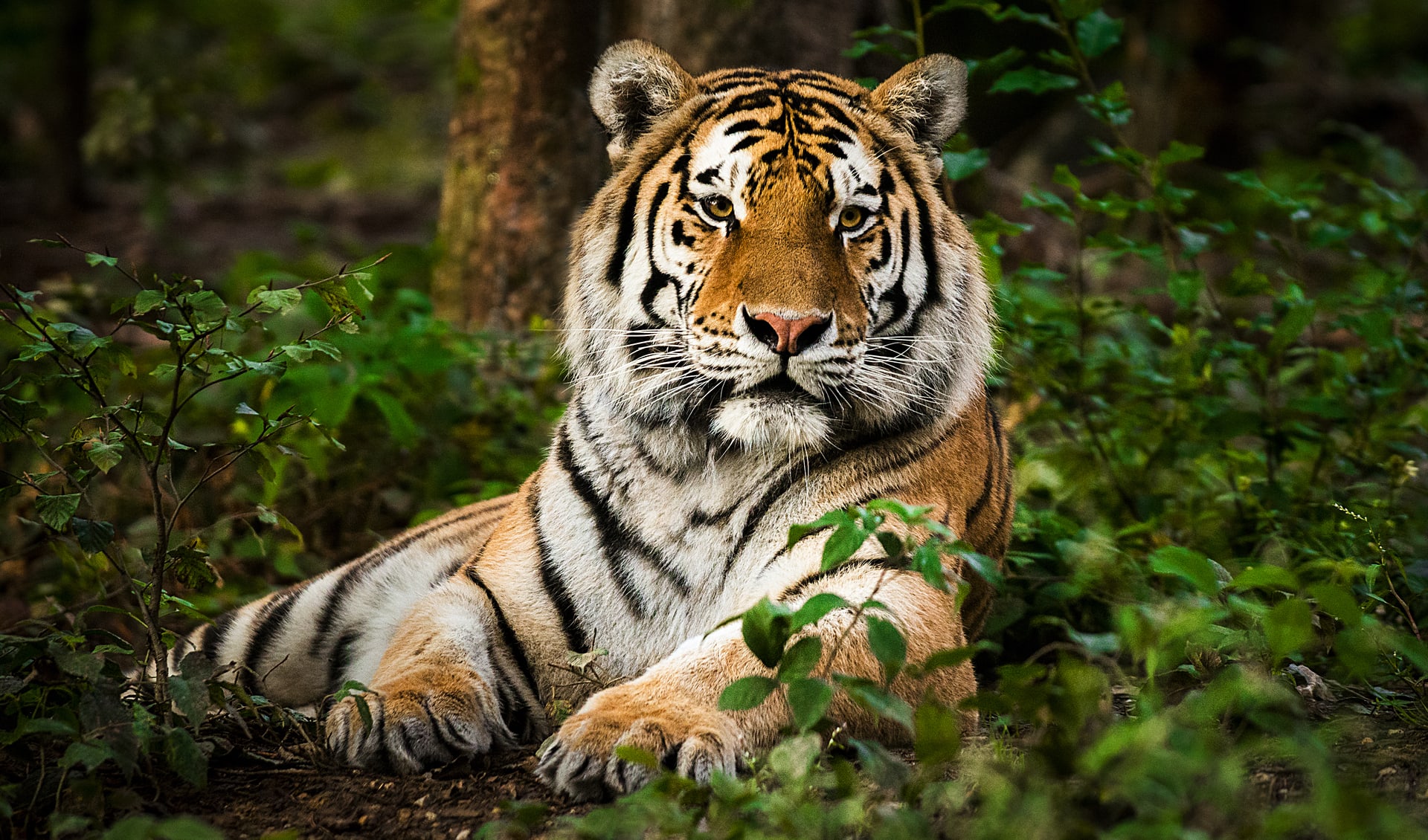A specialized stork native to sub-Saharan Africa. Its most distinguishing feature is its unique bill, which, much like its Asian counterpart, is designed with a gap between the mandibles. This adaptation is particularly suited for its preferred diet, primarily consisting of aquatic snails and bivalves.
With its dark, glossy plumage that can appear almost black in certain lights, the African Openbill is a medium-sized stork that is both a resident and intra-African migrant, moving in response to changing water levels and food availability. During flight, its heavy, rounded wings showcase white underwing coverts, making for a striking image against the African sky.
The African Openbill frequents a variety of wetland habitats, from inland freshwater lakes, swamps, and marshes to coastal lagoons, mudflats, and mangroves. These habitats provide the mollusks that make up the bulk of their diet, which the openbill is uniquely adapted to feed on. The gap in the bill allows it to grasp and extract snails from their shells with a levering action, a remarkable feat of natural engineering.
Social by nature, these birds often form large colonies for roosting and breeding. They are known to migrate in flocks, which can be quite a spectacle to observe. Breeding is closely linked to the availability of food, which tends to increase during the rainy season when water bodies are replenished and snails are more active and abundant.
African Openbills build their nests in trees, often over water, which provides protection from many ground predators. These nests are constructed from sticks and reeds, and the colonies can become quite extensive, with multiple generations returning to the same site. Both parents share responsibilities for incubating the eggs and raising the young.
Distribution
 Angola
Angola Benin
Benin Botswana
Botswana Burkina Faso
Burkina Faso Burundi
Burundi Cameroon
Cameroon Central Af. Rep.
Central Af. Rep. Chad
Chad Congo-Brazzaville
Congo-Brazzaville Côte D’ivoire
Côte D’ivoire DR Congo (Kinshasa)
DR Congo (Kinshasa) Equatorial Guinea
Equatorial Guinea Eritrea
Eritrea Eswatini
Eswatini Ethiopia
Ethiopia Gabon
Gabon Ghana
Ghana Kenya
Kenya Liberia
Liberia Madagascar
Madagascar Malawi
Malawi Mali
Mali Mauritania
Mauritania Mozambique
Mozambique Namibia
Namibia Niger
Niger Nigeria
Nigeria Rwanda
Rwanda Senegal
Senegal Sierra Leone
Sierra Leone Somalia
Somalia South Africa
South Africa South Sudan
South Sudan Sudan
Sudan Tanzania
Tanzania Togo
Togo Uganda
Uganda Zambia
Zambia Zimbabwe
ZimbabweAnything we've missed?
Help us improve this page by suggesting edits. Glory never dies!
Suggest an editGet to know me
Terrestrial / Aquatic
Altricial / Precocial
Polygamous / Monogamous
Dimorphic (size) / Monomorphic
Active: Diurnal / Nocturnal
Social behavior: Solitary / Pack / Herd
Diet: Carnivore / Herbivore / Omnivore / Piscivorous / Insectivore
Migratory: Yes / No
Domesticated: Yes / No
Dangerous: Yes / No




